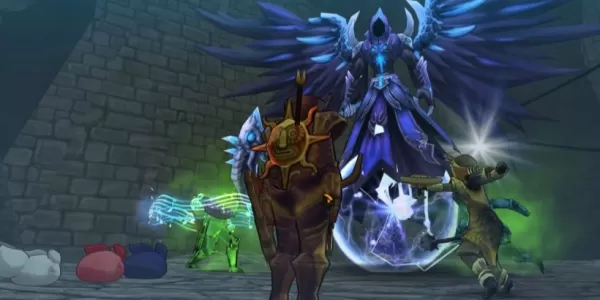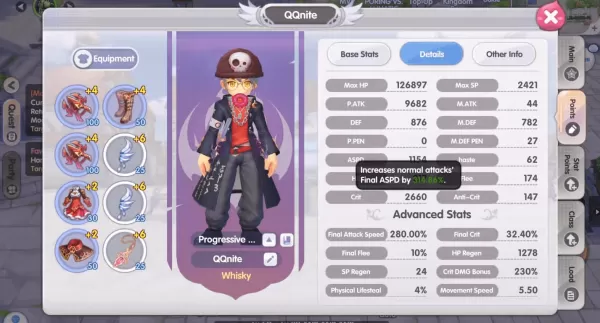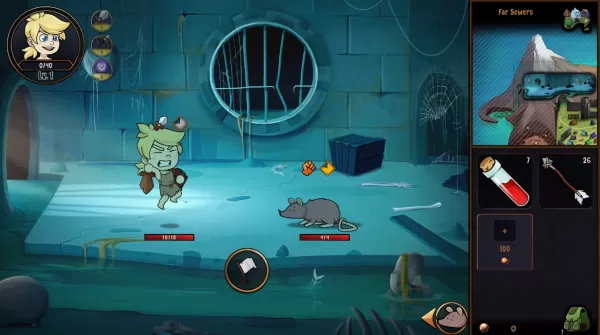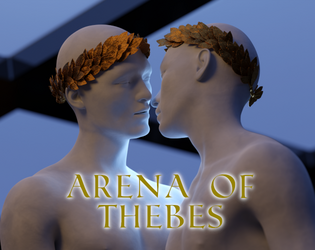As video game development costs continue to escalate, publishers are increasingly turning to controversial AI tools to enhance efficiency and reduce expenses. In late 2023, Call of Duty reportedly sold an "AI-generated cosmetic" for Call of Duty: Modern Warfare 3, sparking fan accusations that Activision used generative AI for a loading screen the previous year. Meanwhile, EA declared in September that AI is "the very core" of its business strategy.
In a recent interview with Google Cloud Japan, Kazuki Abe, a technical director at Capcom who has contributed to major titles like Monster Hunter: World and Exoprimal, discussed the company's exploration of AI in game development. Abe highlighted the challenge of generating "hundreds of thousands" of unique ideas, a process that is both time-consuming and labor-intensive. He noted that even for simple objects like televisions, unique designs, logos, and shapes are required, resulting in a vast number of proposals needed for each game.
To address this, Abe developed a system where generative AI can analyze various game design documents and produce ideas, thereby speeding up development and improving efficiency. This system also allows the AI to provide feedback and refine its outputs. His prototype, which utilizes multiple AI models including Google Gemini Pro, Gemini Flash, and Imagen, has garnered positive feedback from Capcom's internal development teams. Implementing this AI model is expected to "reduce costs significantly" while also enhancing the quality of the output.
Currently, Capcom's use of AI is confined to this specific system, with other critical aspects of game development such as ideation, gameplay, programming, and character design remaining the domain of human creativity and expertise.




























![City Devil: Restart [v0.2]](https://img.icssh.com/uploads/38/1719554737667e52b102f12.jpg)


